'Journeys through Music' Lecture Series: Into France
(Conducted in Cantonese)
4 January François Couperin (1668–1733)
He came from a large musical family; he was regarded as the finest composer for harpsichord and the most brilliant improvisor on organ; he left scant biographical details after his death; his letters were used as jampot covers; his theories, treasured at his time, were confined to connoisseurs. François Couperin, curiously similar to Johann Sebastian Bach in some ways, was the mighty French musician of his time. Meet the quintessentially French Baroque composer with a ‘surnommé le grand’.
11 January Hector Berlioz (1803–1869)
‘Study anatomy! Dissect! Instead of giving myself body and soul to music, sublime art whose grandeur I was beginning to perceive!’ Hector Berlioz, the run-away medical student, would soon turn himself from being clinical to phantasmagorical. Music became his vehicle for expression of fantasies, ideals and romances. Few fellow musicians understood him; his free-roaming spirits wore off through ages. His wild music, however, remains one of the most unique, most adventurous sounds in the romantic repertoire.
18 January Camille Saint-Saëns (1835–1921)
During his exceedingly long life, Camille Saint-Saëns embodied a neoclassical ideal of striking balance with logic, clarity and precision. An ardent admirer of Wolfgang Amadeus Mozart, he was equally talented as the protégé in terms of virtuosity, ending his pianist life only by his last breath. However, his compositional ethos was occasionally at odds with rise of individualism. Prizing artistry and craftsmanship, Saint-Saëns was the faithful guardian of the tradition of everything essentially French.
25 January Gabriel Fauré (1845–1924)
Gabriel Fauré enjoyed a similar longevity as his teacher Camille Saint-Saëns, seeing the fly-past of 19th century with rise and fall of ideologies, nation-states and anxiety. His subtle yet delicate sensitivity towards harmony and melody, highly original and personal, created a new world of possibilities that were immediately picked up by his successors. Appraising the originality and delicacy of Fauré’s music is desperately necessary to trace the French music that we know and closer to our time.
15 February Claude Debussy (1862–1918)
Claude Debussy once claimed he could play Richard Wagner’s Tristan und Isolde by heart. He lied not; he knew dearly every Wagner’s works when he visited the holy place Bayreuth. However, he made a U-turn with Pelléas et Mélisande, labeled a heretic among Wagnerites and tapped open an unexplored universe. His innovation in tone, colour and textures became a Parisian fashion, as debussysme continued to aspire and attracted mockery. The singly bohemian Debussy freed music from the custodies of rules. Trust only thy senses.
22 February Maurice Ravel (1875–1937)
Having a Swiss father and a Basque mother, Maurice Ravel inherited the best of the two worlds. He wrote music as sophisticated as the mechanics of wrist watches with fiery passion of Spanish dances. While admiring Debussy, Ravel at the same time openly emphasized the uniqueness of his musical innovation and kept an arm’s length to establishments, Debussy included. Seeing through time and cultures, the reclusive composer forged music of distinct taste and refinement, a pearly world of art that is uniquely his.
1 March Francis Poulenc (1899–1963)
When Claude Debussy walked away from Richard Wagner after his visit to Bayreuth, a crucial Parisian circle called for yet another type of new music that were neither Wagnerian, Stravinskyian, nor debussysme. Seeking dryness, brevity and frankness, the loosely-ganged ‘Les six’ wrote practical, simple music. Francis Poulenc, being one of the members, wrote with delightful classicism and striking directness. However, as the world collapsed around him after the global wars, Poulenc turned his music into a dialogue with the soul and meditation on the despair of humanity.
8 March Olivier Messiaen (1908–1992)
An organist of Paris’s La Trinité for six decades, one side of Olivier Messiaen’s music is deeply religious. A member of ‘La Jeune France’ concert series, on the other hand, the other side of Messiaen is exhuberant and passionate. Surviving the Second World War as a POW, he created works that transcend the very notion of time and, at the same time, remind us of the beauty of earthly beings, particularly with his complete catalogue of bird calls. He looked back to a tradition way back into history, and telescoped a vision of art far beyond our boundaries.
Information provide by the Speaker
